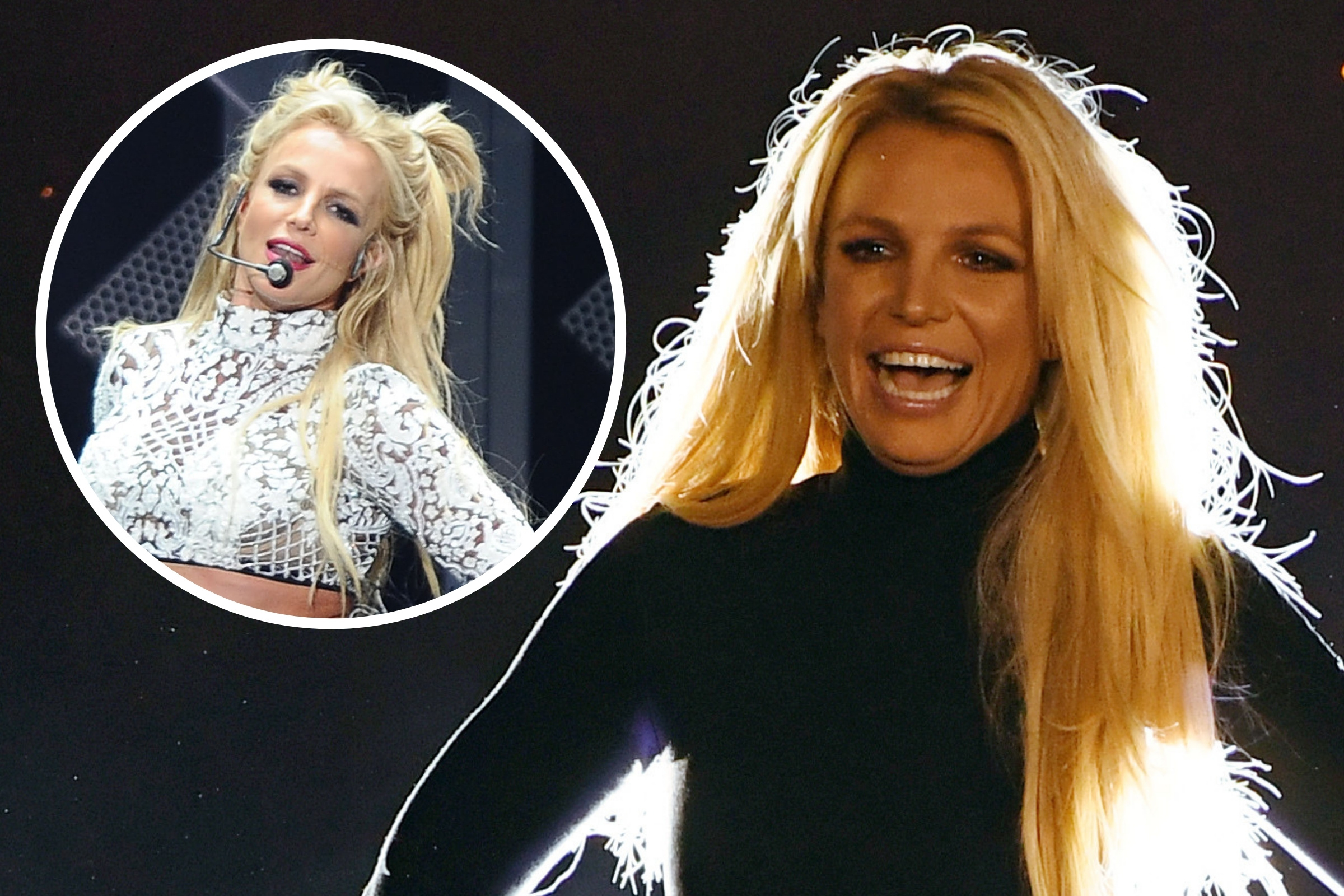Britneyyy.official OnlyFans Leaks & Content
Is OnlyFans truly revolutionizing the creator economy, or is it simply a digital Wild West where fortunes are made and reputations are lost in equal measure? The platform's meteoric rise has undeniably disrupted traditional entertainment models, offering creators unprecedented control over their content and revenue streams. But this newfound freedom comes with its own set of complexities, raising questions about censorship, exploitation, and the very nature of online fame.
OnlyFans, launched in 2016 by Timothy Stokely, initially catered to a diverse range of creators, from fitness instructors and chefs to musicians and artists. However, the platform quickly gained notoriety for its adult content, becoming a hub for sex workers and other performers seeking a more direct connection with their audience. This shift, while controversial, proved incredibly lucrative, propelling OnlyFans into the mainstream and sparking a wider conversation about the future of online content creation. The platforms subscription model, which allows fans to pay for exclusive access to a creators content, has empowered many to bypass traditional gatekeepers and build thriving businesses on their own terms. This has particularly resonated with marginalized communities, who often face greater barriers to entry in traditional media.
| Founder | Timothy Stokely |
| Launched | 2016 |
| Headquarters | London, UK |
| Industry | Social Media, Content Subscription Service |
| Website | onlyfans.com |
The allure of OnlyFans lies in its promise of financial independence and creative autonomy. Creators set their own subscription prices, control the type of content they produce, and interact directly with their fans. This direct-to-consumer model bypasses the traditional intermediaries of the entertainment industry, allowing creators to retain a larger share of their earnings. The platform also offers a sense of community, fostering a more intimate connection between creators and their fans than is often possible on other social media platforms. However, the very features that make OnlyFans so appealing also contribute to its inherent vulnerabilities. The lack of centralized oversight has led to concerns about the prevalence of illegal content, including child sexual abuse material and revenge porn. While OnlyFans has implemented various measures to combat these issues, the sheer volume of content uploaded daily makes moderation a constant challenge.
Furthermore, the platform's association with adult content has created a stigma that can be difficult for creators to overcome. Many individuals who use OnlyFans for non-explicit content, such as fitness trainers or musicians, find themselves unfairly categorized and judged. This stigma can also impact creators' opportunities outside of the platform, potentially hindering their ability to secure brand deals or other professional engagements. The reliance on subscriptions also creates a precarious income stream for creators. Building and maintaining a loyal fanbase requires constant effort, and the ever-present pressure to produce engaging content can lead to burnout and exploitation. The competitive nature of the platform can further exacerbate these issues, pushing some creators to engage in increasingly risky behavior to attract and retain subscribers.
Beyond the individual creators, the rise of OnlyFans has broader implications for the entertainment industry as a whole. Traditional media companies are grappling with how to adapt to this new landscape, where individuals can bypass established channels and build their own audiences. The platform's success has also sparked a wave of imitators, with numerous platforms vying for a share of the burgeoning creator economy. This increased competition could ultimately benefit creators by giving them more options and greater bargaining power. However, it also raises the risk of fragmentation and further blurring the lines between professional and amateur content creation. The future of OnlyFans, and the creator economy it represents, remains uncertain. As the platform continues to evolve, it will be crucial to strike a balance between fostering creativity and protecting creators from exploitation. Finding this equilibrium will require a collaborative effort from the platform itself, its creators, and the wider online community.
The blurred lines between connection and commodification on platforms like OnlyFans raise ethical questions that demand careful consideration. While the platform empowers creators to monetize their content and connect directly with their audience, it also creates an environment where the pursuit of financial gain can overshadow genuine artistic expression. The pressure to constantly produce new content, coupled with the often-intense scrutiny of online audiences, can take a toll on creators mental and emotional well-being. As the creator economy continues to evolve, it is imperative that we prioritize the well-being of individuals and foster a more sustainable and ethical approach to online content creation. The conversation surrounding OnlyFans and similar platforms is far from over. It is a complex and multifaceted issue with no easy answers. However, by engaging in open and honest dialogue, we can work towards a future where the creator economy empowers individuals while safeguarding their rights and well-being.


